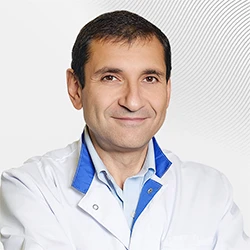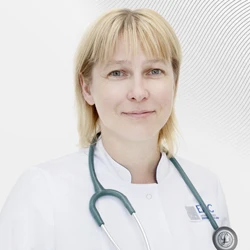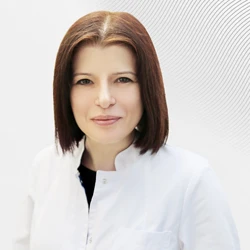Narrated by Rimma Sadretdinova,
doctor on duty, therapist
The problem of acclimatization is widespread and is becoming more urgent every year. Flights to other countries are often long, rapid time zone changes, changes in daylight hours, new weather conditions, food and water composition unusual for the body, oxygen content in the air, humidity, degree of ultraviolet radiation, etc. Some people face these problems 2-3 times a year, while others are forced to change their place of residence all the time.
Moving from cold climates to hot countries is the hardest thing for us. However, the body can react with unpleasant symptoms even when traveling from a warm climate to a hot one.
The process of acclimatization has a general pattern and is determined by the successive change of "phases" in the vital activity of the body. The first phase is an indicative one, during which there is general lethargy and some decrease in working capacity, drowsiness, and often insomnia, which is associated with the "novelty" factor. This is followed by a phase of increased reactivity, characterized by a predominance of arousal processes, some central disinhibition, increased respiratory function, circulatory and other systems. In this phase, the overall physiological stability of the body decreases. And finally, the process of restructuring the physiological functions of the body, the implementation of which requires the least expenditure of energy, which creates conditions for increasing overall stability.
Duration
The intensity and duration of acclimatization is individual for each individual organism, the process can take up to 10 days, and the first signs usually appear 2-4 days after arrival. Acclimatization is most difficult in the equatorial climate, humid tropical forests and hot dry deserts. The specifics of the acclimatization process depend not only on external climatic factors, but also on the individual characteristics of the body - its age, constitution, degree of endurance and fitness, the nature and severity of chronic diseases, if any.
Children, as well as people with chronic diseases of the cardiovascular, bronchopulmonary systems, and people of the older age group are especially sensitive to changes in climatic conditions.
The main symptoms of acclimatization are loss of appetite, emotional instability, drowsiness or insomnia, disorders of the gastrointestinal tract: diarrhea or constipation, nausea, chronic diseases worsen, water-salt metabolism is disrupted, which leads to increased heart rate, breathing, increased sweating, symptoms of respiratory viral diseases.
Often, when we reach the beach and the sun, we forget about what this can mean for the body - overheating, heat stroke, heat exhaustion, heat cramps.
How to mitigate acclimatization?
There are a number of general recommendations for mitigating possible symptoms of acclimatization.:
- if possible, try to switch to the time of the host country in advance in order to minimize stress for the body;
- before the trip, you should lead a measured lifestyle, rest more, eat right, get enough sleep;
- schedule your arrival in the evening, in which case you will have the night to rest and prepare for the new conditions;
- choose loose clothing, do not forget about a hat, apply sunscreen to your skin to avoid overheating and sunstroke;
- lead a measured lifestyle, pay special attention to nutrition and personal hygiene rules, bathing time and sunbathing. It is advisable to avoid direct sunlight from 12:00 to 17:00.
- it is advisable not to drink alcohol during the first days of rest, and also to avoid tasting exotic dishes;
- drink as much liquid as possible, give preference to bottled water with a tightly closed lid. Do not forget about the dangers of drinking iced drinks. Ice is often made from tap water, which is especially dangerous in countries such as Egypt, Turkey, India, Thailand, and Central and South American countries, where a large percentage of infectious diseases occur due to substandard drinking water.
Unfortunately, there is no universal cure for acclimatization.
If you suffer from chronic diseases and are planning a trip, you should prepare in advance for the possible consequences for your body during acclimatization by making an appointment with an EMC general practitioner and receiving all the necessary information. Our doctors will give recommendations on those medications that may become indispensable in your first-aid kit during your trip.
In many exotic countries, the risk of contracting serious infectious diseases is high. This can be avoided by getting vaccinated in advance at the EMC, as well as receiving recommendations for the prevention of those diseases that you may encounter during your trip.
Was this information helpful?
Questions and answers
Ask a Question







.webp)



.webp)


.webp)


.webp)


.webp)
.webp)

.webp)

